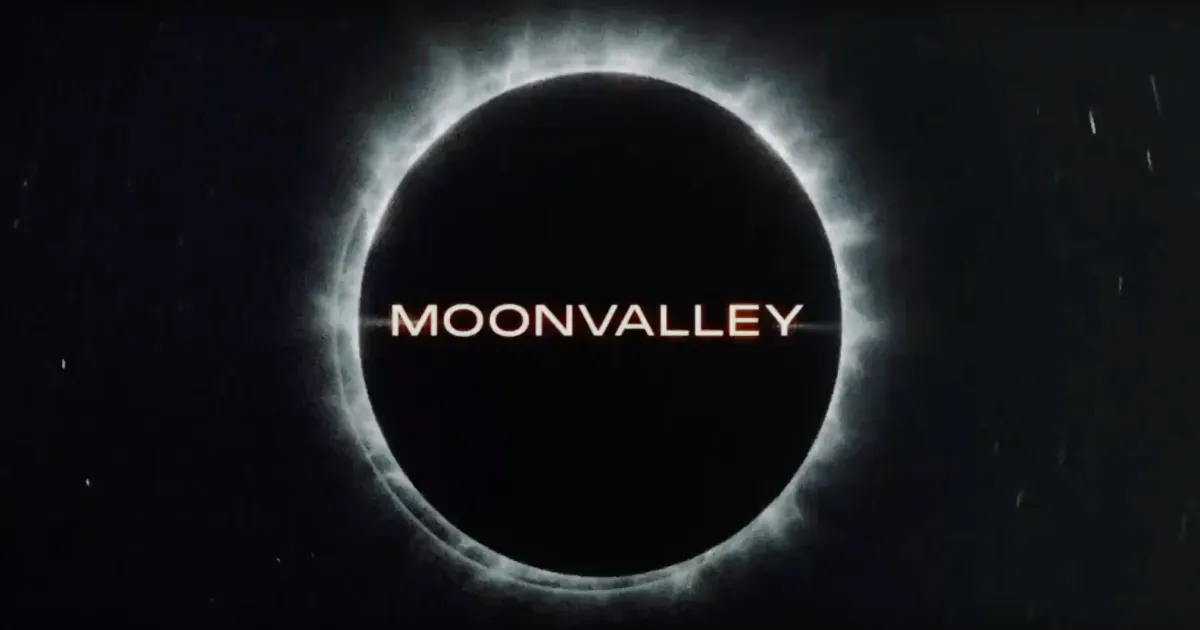Moonvalley raises $84M to expand its ethical AI video tool for filmmakers

Moonvalley, an emerging force in the intersection of AI and film, has raised $84 million in a new funding round aimed at advancing its AI-powered video tools tailored for filmmakers and creative professionals. The round was led by existing investor General Catalyst and drew strategic backing from major Hollywood players, including talent agency CAA and Comcast Ventures, the venture capital arm of Comcast.
Additional participation came from CoreWeave, a cloud infrastructure provider, along with previous backers Khosla Ventures and Y Combinator. With this latest round, Moonvalley has now raised a total of $154 million — a significant war chest as it positions itself as one of Hollywood’s go-to AI partners in a rapidly evolving, and often controversial, landscape.
An Ethical Approach to AI in Film
While many AI companies have faced backlash — and even lawsuits — over alleged copyright infringement, Moonvalley is attempting to chart a more transparent and ethical path. Its flagship model, Marey, is trained exclusively on licensed footage and original content developed in-house. This stands in contrast to AI models like Midjourney, which are currently being sued by studios like Disney and Universal for using copyrighted material without authorization.
CEO and cofounder Naeem Talukdar emphasized the company's commitment to ethical training practices, stating that Marey’s dataset includes footage licensed from independent filmmakers and YouTubers. Though its content library is currently about one-fifth the size of more established models like OpenAI's Sora or Google’s Veo 3, Talukdar believes the quality and transparency of Moonvalley’s data set it apart.
“There’s just a lot of stuff we have to underline,” he said, “but we have it in our plans to start working on sharing that information and hopefully build a structure that other model companies can follow as well.”
Working Behind the Scenes in Hollywood
Though Moonvalley has not publicly named any major studios it works with, Talukdar said the company is collaborating with "thousands of independent filmmakers, small studios," and also partnering with larger studios directly or indirectly through those creators. Its AI tool Marey is already being used in various production phases — from B-roll and special effects to background footage, and in some cases, to enhance key scenes in long-running television shows.
Moonvalley also owns Asteria Film Co., an AI film studio co-founded by filmmaker and actor Natasha Lyonne and producer Bryn Mooser. Asteria sometimes acts as a creative consultant, helping studios integrate Marey into their production workflows.
Importantly, Moonvalley is reportedly in conversations with major studios about building proprietary models, using its licensed video dataset to enhance existing studio libraries.
Pricing, Performance, and Limitations
Marey was recently made available to the public through subscription and licensing options, starting at $14.99 per month. While it excels at generating human likeness and cinematic scenes, Talukdar admitted the tool still has limitations in areas like sports footage — even noting that “it doesn’t really know how basketball works.”
Still, the promise of the technology is resonating in a Hollywood that is cautiously exploring the potential of AI while trying to maintain control over its creative output.
Looking Ahead: AI as a Creative Enabler, Not a Threat
As concerns swirl around AI replacing human creativity, Talukdar pushed back on the narrative that generative tools like Marey will disrupt the artistic process.
“This idea that everybody’s just going to create these movies for themselves — we think that’s absolutely nonsense,” he said. “AI will never have taste.”
His outlook echoes sentiments shared by industry leaders like Netflix co-CEO Ted Sarandos, who recently described AI as an opportunity to make movies “10% better,” rather than just cheaper.
For Talukdar, the bigger opportunity lies in expanding the scope of what studios can create — enabling more projects that would otherwise be shelved due to budget constraints, and improving the quality of those already in the pipeline.
“The net new result is going to be: a) a whole slate of productions that couldn’t get done, even though they should get done, and b) existing productions just becoming a lot better,” he said.
With fresh funding and growing industry interest, Moonvalley is poised to be a defining player in how Hollywood balances creative innovation with technological transformation — all while attempting to maintain ethical lines in a space that’s still writing the rules.





